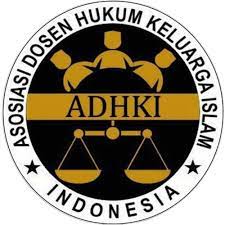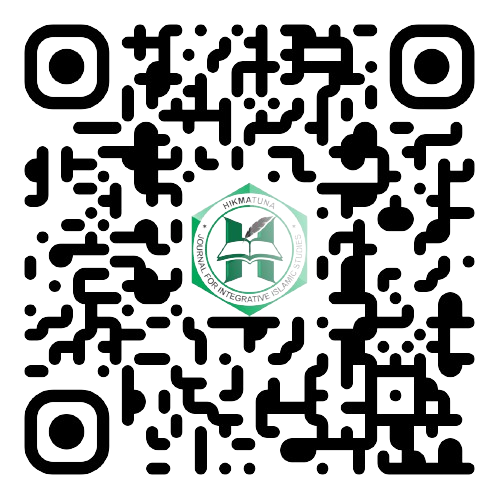Strengthening Marriages Through Ati Maccinong's Ethical Values
DOI:
https://doi.org/10.28918/hikmatuna.v10i1.8606Keywords:
Domestic Conflict, Local Wisdom, Marriage GuidanceAbstract
This research aims to analyze the importance of local wisdom in mitigating domestic conflicts, emphasizing its relevance in contemporary society. The study was motivated by the observation of high rates of post-marital conflicts, including divorce, domestic violence, and infidelity, which pose significant social challenges. Employing a qualitative methodology, the research gathered data through interviews with four categories of informants: The Head of Office, the Head of Islamic Community Guidance and KUA, Traditional Leaders, Husbands and Wives, and Islamic Religious Counselors. Secondary data were sourced from relevant documents to complement the primary data. The findings reveal that marriage guidance rooted in local wisdom significantly enhances the confidence of brides and grooms in their marital life by imparting essential knowledge and skills. Couples who participate in such pre-marital guidance report feeling better prepared to navigate domestic life, thus reducing the likelihood of conflicts. This preparation is crucial in fostering a harmonious (Sakīnah) family environment. The study underscores the efficacy of local wisdom values from Lontarak, which align with societal norms and etiquette, such as Abbulo Sibatang and Ati Maccinong. These values play a pivotal role in the guidance process, promoting understanding and respect within the marital relationship. Consequently, the incorporation of local wisdom into marriage guidance programs emerges as a vital strategy for addressing and preventing domestic conflicts, thereby contributing to the overall stability and well-being of families.
Downloads
Published
How to Cite
Issue
Section
License
Copyright (c) 2024 Yunus

This work is licensed under a Creative Commons Attribution-ShareAlike 4.0 International License.















